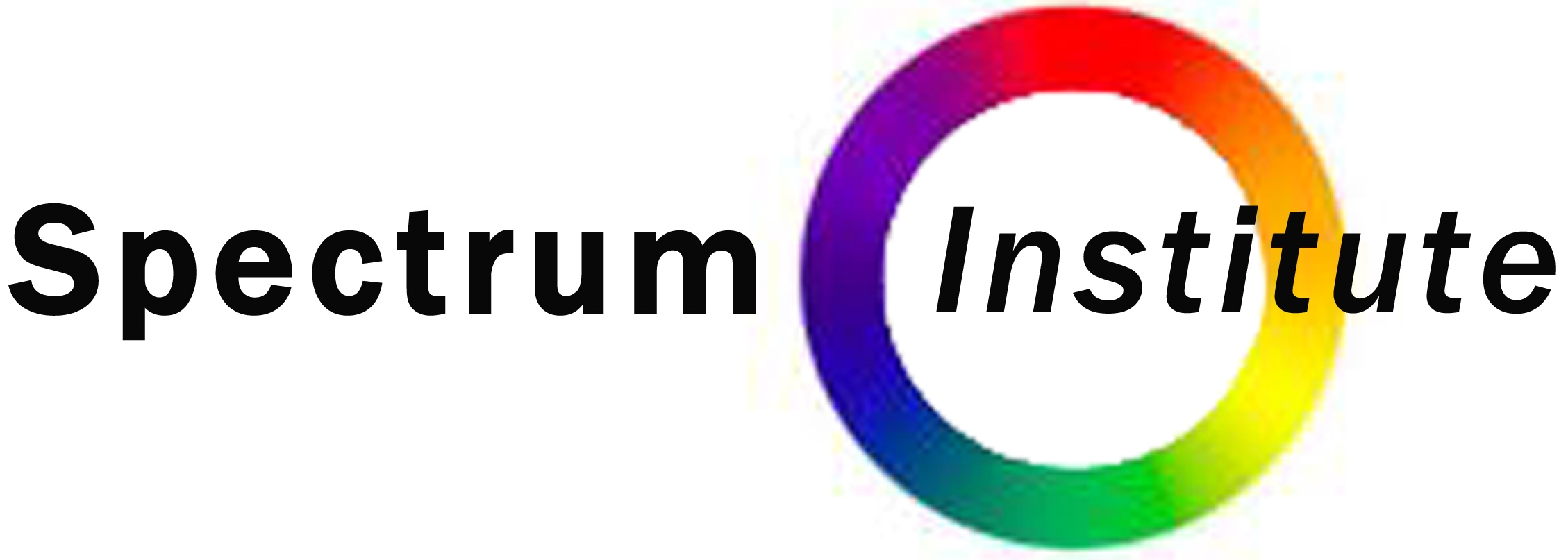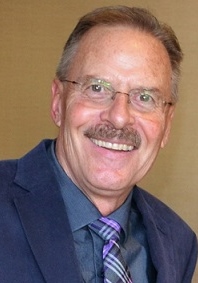|
The Domino Effect
A Report to the California Supreme Court
Trilogy on Legal Services
|
|
| Report | Letter to Supreme Court |
| Exhibits to Part One Exhibits to Part Two Exhibits to Part Three | |
|
This report has a request to the Supreme Court to amend the Code of Judicial Ethics to clarify that judges should not manage or operate legal services programs involving attorneys who appear before them or their courts. Update: On September 25, 2018, the court referred the request to its Advisory Committee on the Code of Judicial Ethics for evaluation. Update: On October 9, 2018, a commentary was published about the case of Theresa Jankowsi -- asking whether ethics complaints should be filed against the judge and the court-appointed attorney in her case because the attorney violated the ethical duty to be loyal and the judge violated the ethical duty to be impartial. Both violations are a direct result of the probate court controlling the legal services program from which the attorney was selected. |
|
|
Part One of the Trilogy on Legal Services (pp. 1-20) focuses on how the PVP Legal Services Program of the Los Angeles County Superior Court is actually operated. Funding for legal services provided to indigents in probate conservatorship proceedings comes from the County of Los Angeles. Funding for legal services for litigants who do not qualify as indigents comes from the assets of these litigants. The PVP program is managed and operated by the judges of the Los Angeles Superior Court. Part One documents deficiencies in specific cases as well as showing a pattern and practice of legal services that have been unduly influenced by judicial management and coaching – to the detriment of the clients. The training programs for PVP attorneys have contributed to unethical practices and inadequate legal services by many of these attorneys. Part Two of the Trilogy on Legal Services (pp. 21-28) focuses on policy statements and position papers published by national legal and judicial organizations opposing the practice of judges running legal services programs – especially when they involve attorneys who will be appearing before judicial officers of the court that is managing and directing the program. These policies and papers are premised on the need for legal services programs to have independence – not to be influenced by the judiciary to any greater extent than judges are allowed to influence privately-retained attorneys. Problems with court-run legal services programs – such as the PVP program in Los Angeles – include favoritism, conflicts of interest, a desire by attorneys to please bench officers, and the lack of judicial impartiality. Part Three of the Trilogy on Legal Services (pp. 29-38) looks at methods of providing legal services to indigents that do not involve judges operating the programs. There are models in Oregon and Massachusetts that can provide guidance to the California Supreme Court as it considers a new canon that prohibits judges from controlling or directing legal services programs. Several alternative methods are already being used in Los Angeles in the mental health division, juvenile dependency division, juvenile delinquency division, and criminal division. The judicial branch should focus on judging cases, not coaching and directing the type of legal services that attorneys deliver to clients who appear before the judges or their courts. It is not necessary for a judge or a court to operate a legal services program. Other options are available. |
|
|
Letters to: Advisory Committee on the Code of Judicial Ethics, Committee on Judicial Ethics Opinions, Commission on Judicial Performance, Judicial Council, State Bar Commission on Access to Justice, State Bar Executive Director, Los Angeles County Superior Court Letters from: Supreme Court, State Bar, Advisory Committee on the Code of Judicial Ethics |
|
|
Throughout his 45 years as a civil rights attorney, Thomas F. Coleman has advocated for a variety of causes and minority populations, including cases and projects promoting justice and equal rights for people with intellectual and developmental disabilities. As legal director of Spectrum Institute, Coleman has worked closely with Dr. Nora J. Baladerian on issues involving abuse and disability. He is the primary author of “The First Report: Victims and Their Families Speak Out” – an analysis of the 2012 Survey on Abuse of People with Disabilities, which is the largest national survey on abuse and disability ever conducted in the United States. For the past six years, Coleman has directed the Disability and Guardianship Project of Spectrum Institute. Starting with a focus on California, Coleman’s advocacy for guardianship reform has broadened to become a national cause. He has written extensively on this subject. His numerous publications are found in the Digital Law Library on Guardianship and Disability Rights. Coleman’s advocacy efforts promoting justice for people with developmental disabilities has been acknowledged by The Arc of California. His work for guardianship reform has been commended by the international organization known as TASH. |
|
|
Pursuit of Justice is a documentary by filmmaker Greg Byers tracking the efforts of Coleman, Baladerian, and a growing network of advocates to secure access to justice for people with disabilities who find themselves entangled in guardianship and conservatorship proceedings. |
|

